Computational Sciences & Engineering (CS&E) is a research thrust that was established at CaSToRC in 2020, following the successful award of the SimEA ERA-Chair project. It responds to the challenges and opportunities arising when advanced computing, mathematical modeling and data science are utilised to solve scientific and engineering problems, as well as contributes towards enhancing the innovation potential of the Centre. The research activities pertain to the development of statistical methods, algorithms and models for large-scale simulations and/or data-intensive computations for studying complex materials across multiple length and time scales, as well as pursue work in other application areas in engineering and nano/biotechnology. This research has been supported by external funding and computing time secured competitively through national and pan-European calls. It revolves around the following themes:
- Theme 1: Multi-scale Computational Modelling of Nanostructured Materials with Applications in Nanotechnology. Research is carried out in polymer-based nanostructured materials, such as thin films, confined systems and polymer nanocomposites, which have been extensively studied due to the potential they hold in applications across several sectors. A multi-scale computational modelling approach is pursued, whereby atomistic simulations, coarse-grained mesoscale models all the way to continuum finite element simulations, together with machine-learning algorithms are developed and used to bridge the scales present in these systems. Funding has been secured to consolidate and expand the group’s activities, which includes: (i) the extension of multiscale approaches for studying the mechanical properties of nanocomposites (NANOMEC, MSCA fellowship), (ii) the study of structure-property-performance relationships of PNCs in catalysis focusing on CO2 reduction (ML-NANOCAT), and (iii) investigating the potential of 2D crystals of organic semiconductors as in optoelectronic devices (ENGAGE MSCA PhD project).
- Theme 2: Computational Fluid Dynamics. Research is engaged in the modelling and simulation of complex free surface fluid flows. Currently, the work principally focuses on elucidating how heterogeneous environments influence wetting hydrodynamics, which is an area that is ubiquitous in nature and technology. A series of funded projects (2 MSCA PhD projects, AQTIVATE and ENGAGE, CODETHREE which is funded by RIF and the CoE RAISE project), the group attempts to uncover mechanisms for controllable droplet actuation and transport, and how these may be leveraged in applications. Interactions with Theme 1 also take place on constitutive laws for contact line motion on polymer surfaces. The competencies of the group extend to other free surface flow phenomena, topology optimization and heat transfer.
- Theme 3: Modelling of Biomolecular Systems for Biotechnology Applications. Work on predicting the properties of bio-based functionalized products from the molecular structure. Current projects include (i) uncovering structure-property relationships of biomolecules interacting with surfaces and of bio(polymer)-based nanocomposites (PhD project under ENGAGE); (ii) study the physico-chemical properties of specific (Fe@CNT) conjugates that are used for the therapy of metastatic melanoma (PhD project with Novamechanics under MELOMANES).
- Theme 4: Physics-based Data-driven Approaches for Large-scale Simulations and AI Technologies. This is a horizontal research thrust that exploits synergies with the machine learning group of CaSToRC, and contributes to all of the above-mentioned themes. Specifically, synergistically with Themes 1 and 3, research is carried out with machine Learning (ML) algorithms for: (i) providing accurate and transferable approximations to develop mesoscopic (coarse-grained) models, or for re-introducing atomic detail in coarse-grained models via back-mapping approaches (ii) developing hybrid physics- and AI-based interaction potentials using data from ab initio electronic structure calculations. Within Themes 2 and 4, efficient surrogate models are being developed for physical systems, based on data derived from expensive HPC simulations in fluid mechanics.

